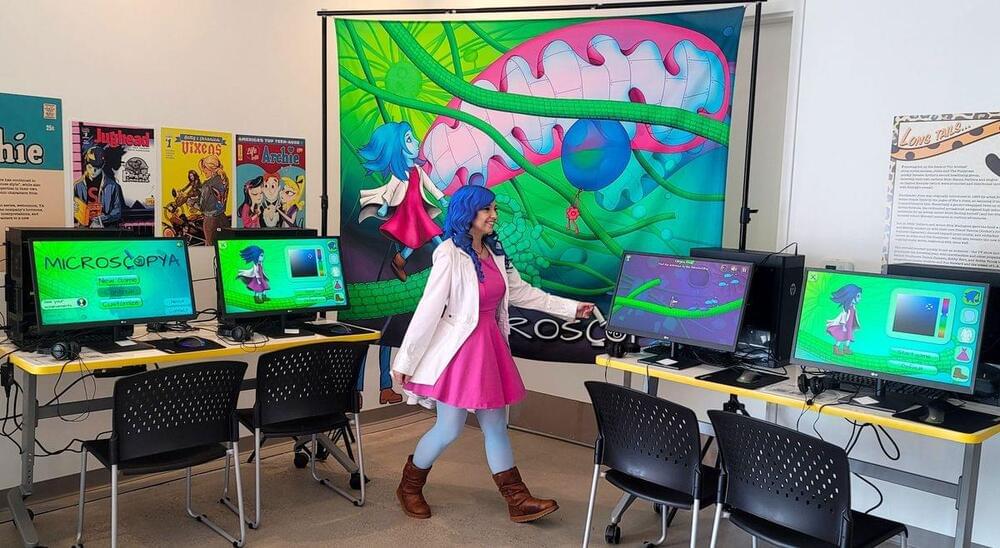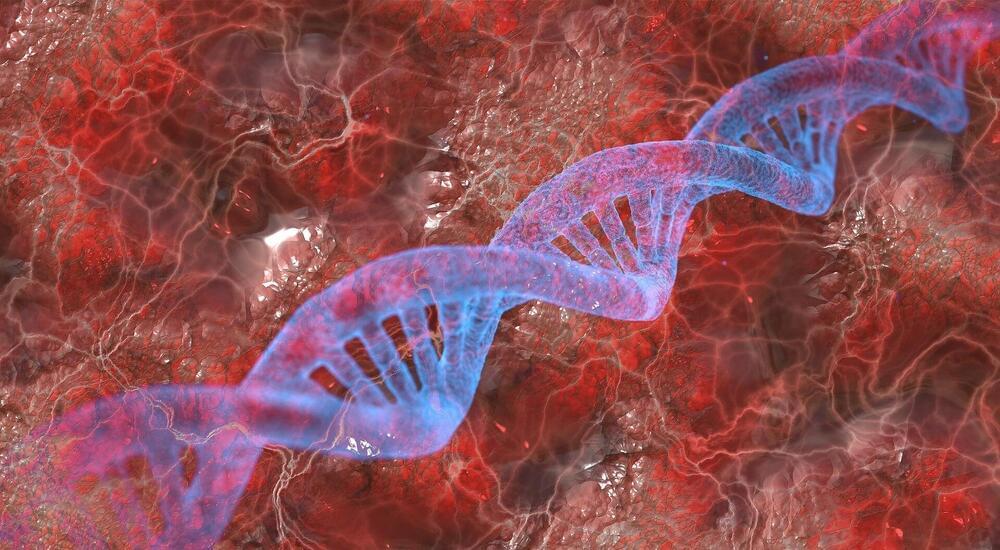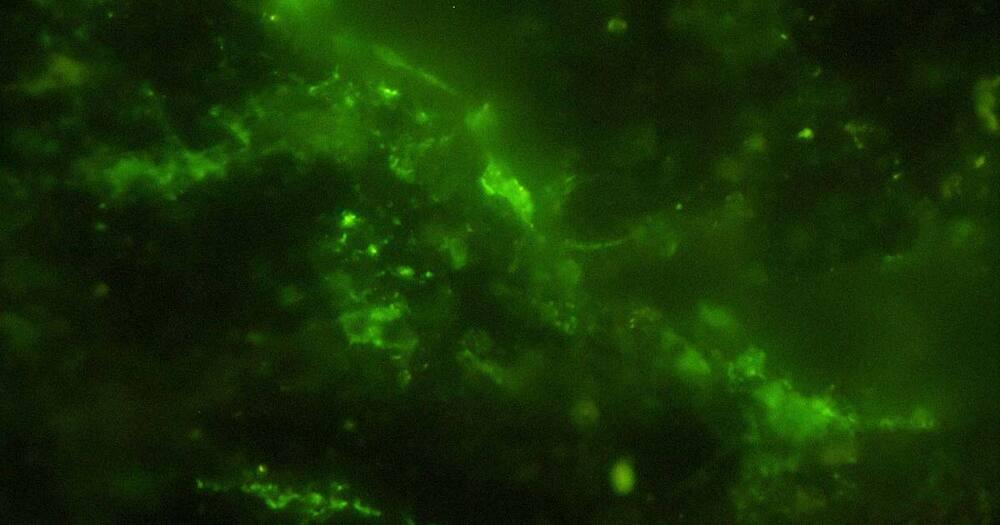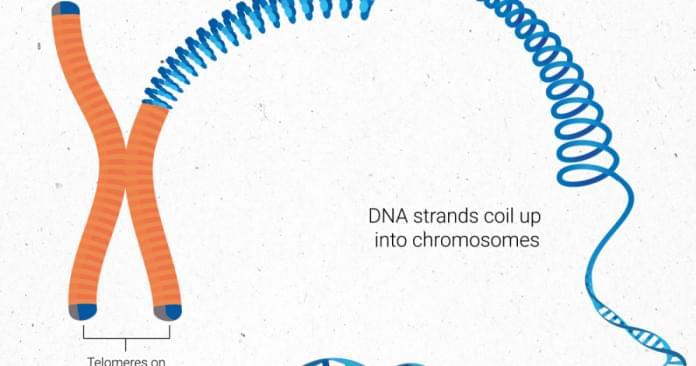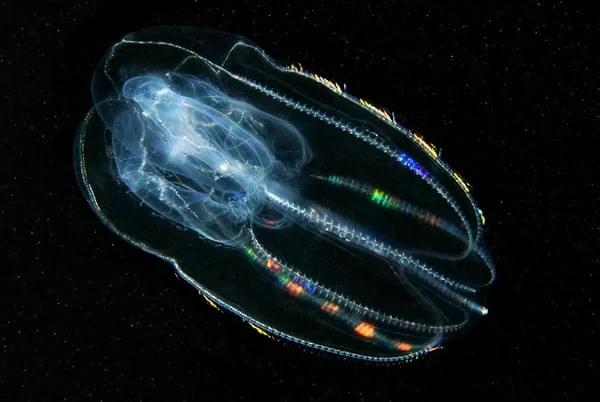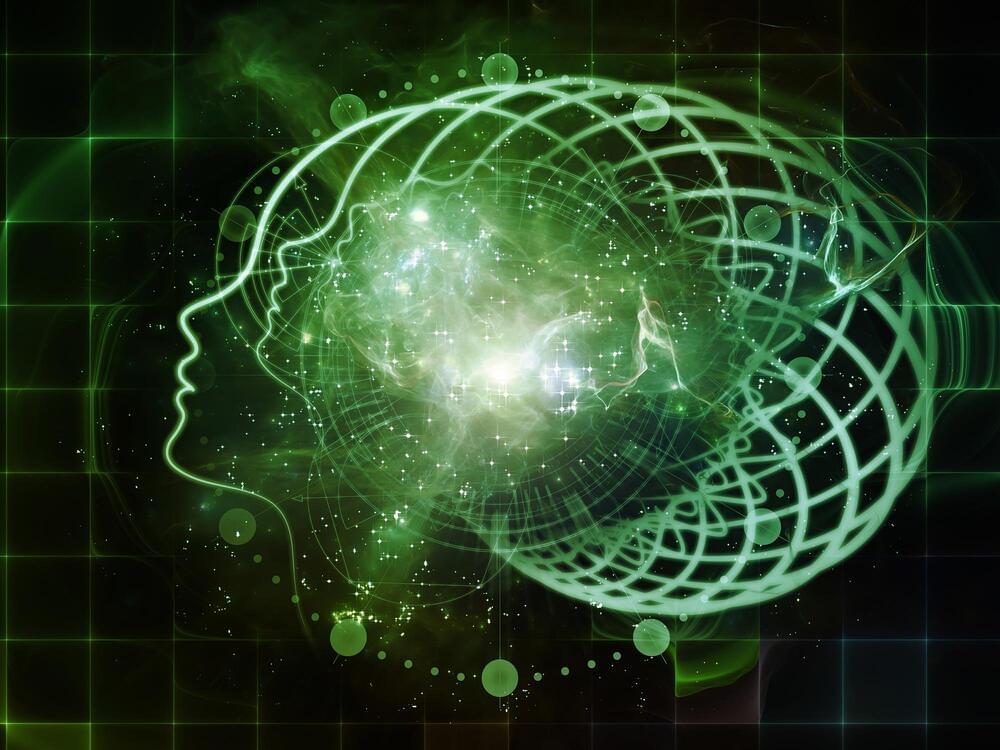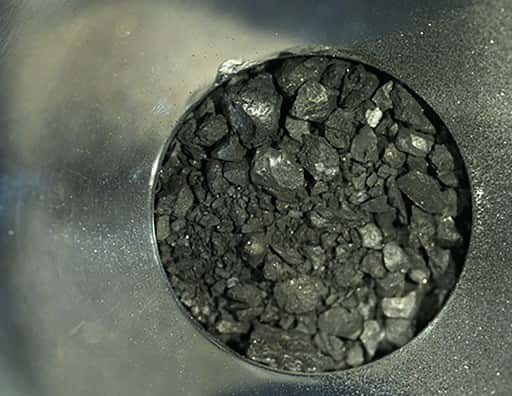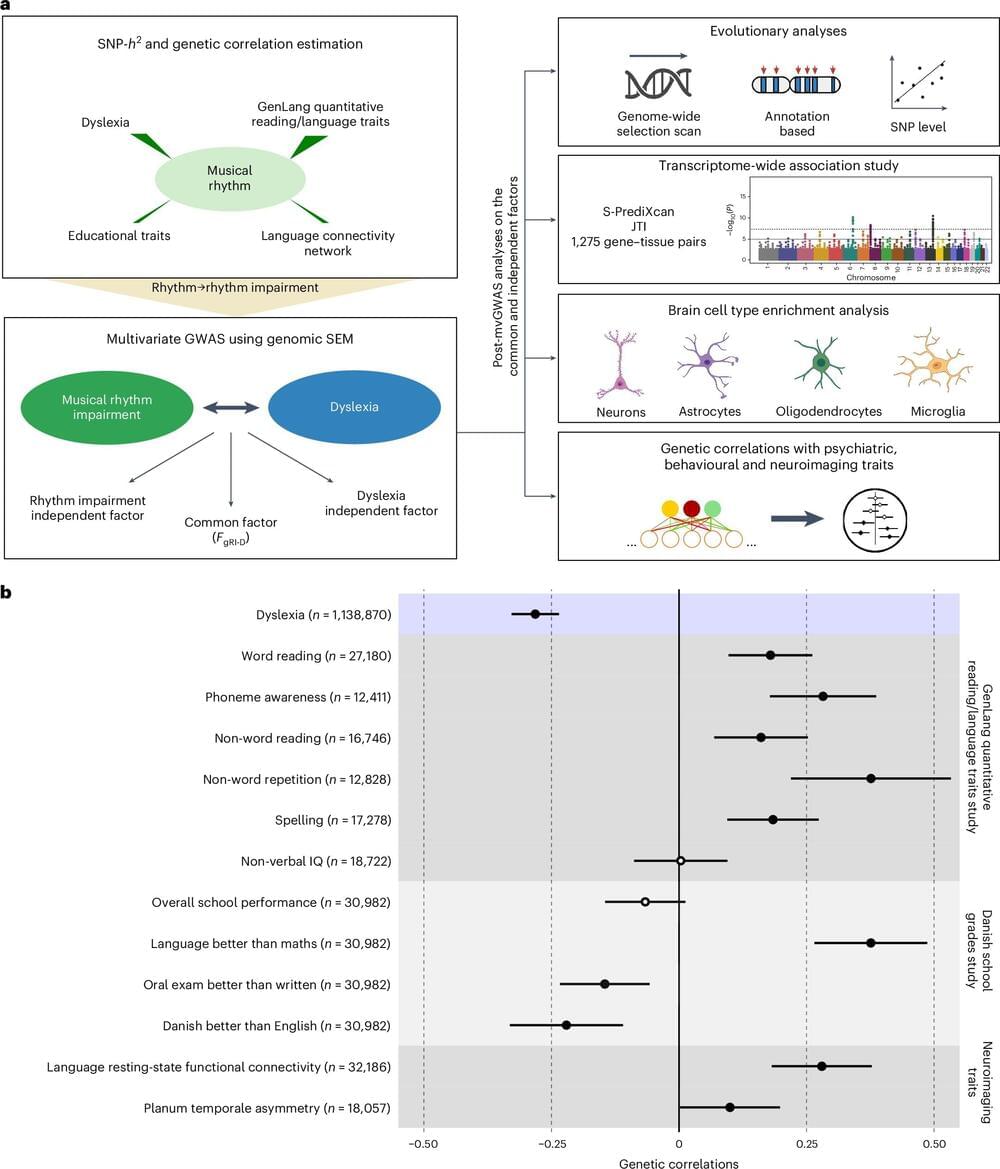From birth to death, tech is stretching the boundaries of biology. In this episode of Posthuman, we explore the discoveries that could transform reproduction, healthcare and how we die.
Technology that once seemed like science fiction is rapidly becoming reality, transforming the very essence of our existence. In this four-part series, Emily Chang unravels the future of being human in an age of unprecedented innovation.
Watch more Posthuman with Emily Chang: • Posthuman with Emily Chang.
#Tech #Science #Posthuman.
——-
Like this video? Subscribe: https://www.youtube.com/Bloomberg?sub_…
Get unlimited access to Bloomberg.com for $1.99/month for the first 3 months: https://www.bloomberg.com/subscriptio…
Bloomberg Originals offers bold takes for curious minds on today’s biggest topics. Hosted by experts covering stories you haven’t seen and viewpoints you haven’t heard, you’ll discover cinematic, data-led shows that investigate the intersection of business and culture. Exploring every angle of climate change, technology, finance, sports and beyond, Bloomberg Originals is business as you’ve never seen it.
